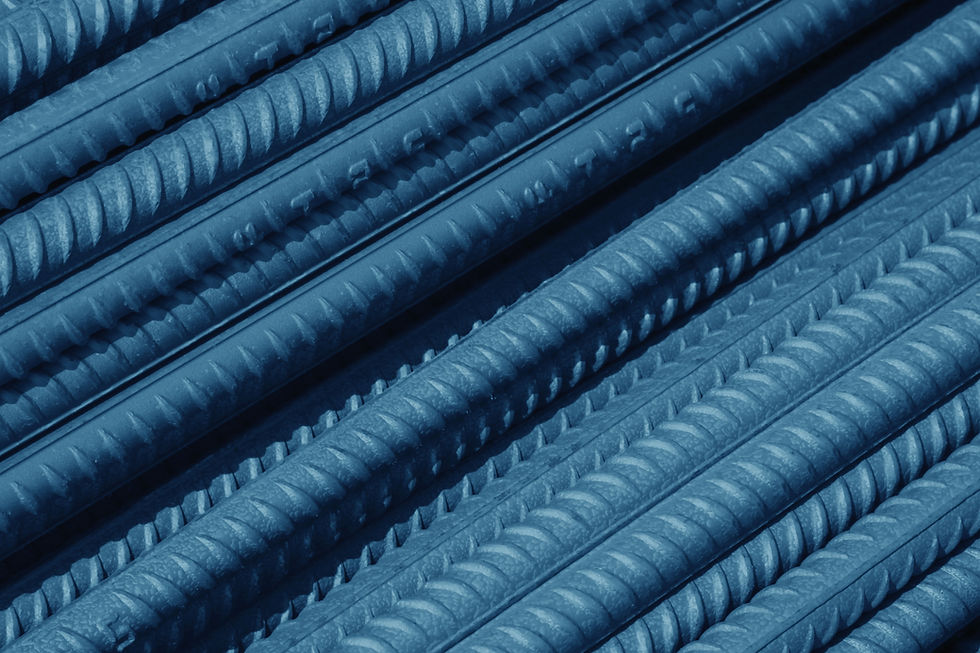Welding Wonders: How Different Metals Impact the Fabrication Process
- Colorado Metalist

- Apr 30, 2024
- 2 min read

When it comes to fabrication, the choice of metal can have a significant impact on the overall process. Different metals possess unique properties that require specialized welding techniques and equipment. In this blog, we'll explore how various metals influence the fabrication process.
Mild Steel Fabrication
Mild steel is a popular choice for many fabrication projects due to its affordability and ease of welding. It can be easily cut, shaped, and joined using common welding methods like MIG, TIG, and stick welding. Mild steel's relatively low melting point and high thermal conductivity make it a versatile option for a wide range of fabrication applications.
Stainless Steel Fabrication
Stainless steel is renowned for its corrosion resistance and durability, making it a preferred choice for applications that require high-quality finishes. However, stainless steel's higher melting point and tendency to retain heat can make it more challenging to weld. Fabricators often use TIG welding or specialized filler materials to achieve clean, consistent welds on stainless steel components.
Aluminum Fabrication
Aluminum is a lightweight, corrosion-resistant metal that is commonly used in fabrication projects. While it can be welded using MIG or TIG techniques, the process requires careful attention to parameters like heat input and shielding gas. Aluminum's low melting point and high thermal conductivity can lead to distortion and warping if not properly managed during welding.
Titanium Fabrication
Titanium is a strong, lightweight, and corrosion-resistant metal that is often used in specialized fabrication applications, such as aerospace and medical industries. Welding titanium can be challenging due to its high melting point and tendency to react with oxygen, which can lead to embrittlement. Fabricators typically use TIG welding with inert shielding gases to ensure high-quality, defect-free welds on titanium components.
Understanding the unique properties of different metals is crucial for successful fabrication. By selecting the appropriate welding techniques and equipment, fabricators can ensure the integrity, durability, and aesthetics of the final product, regardless of the metal being used.




Comments